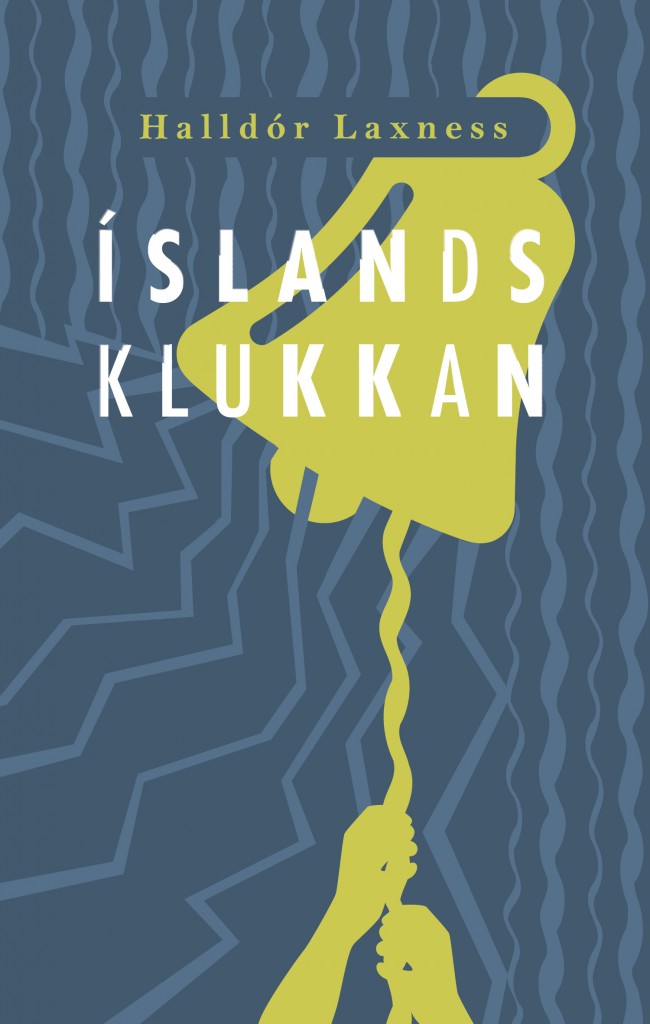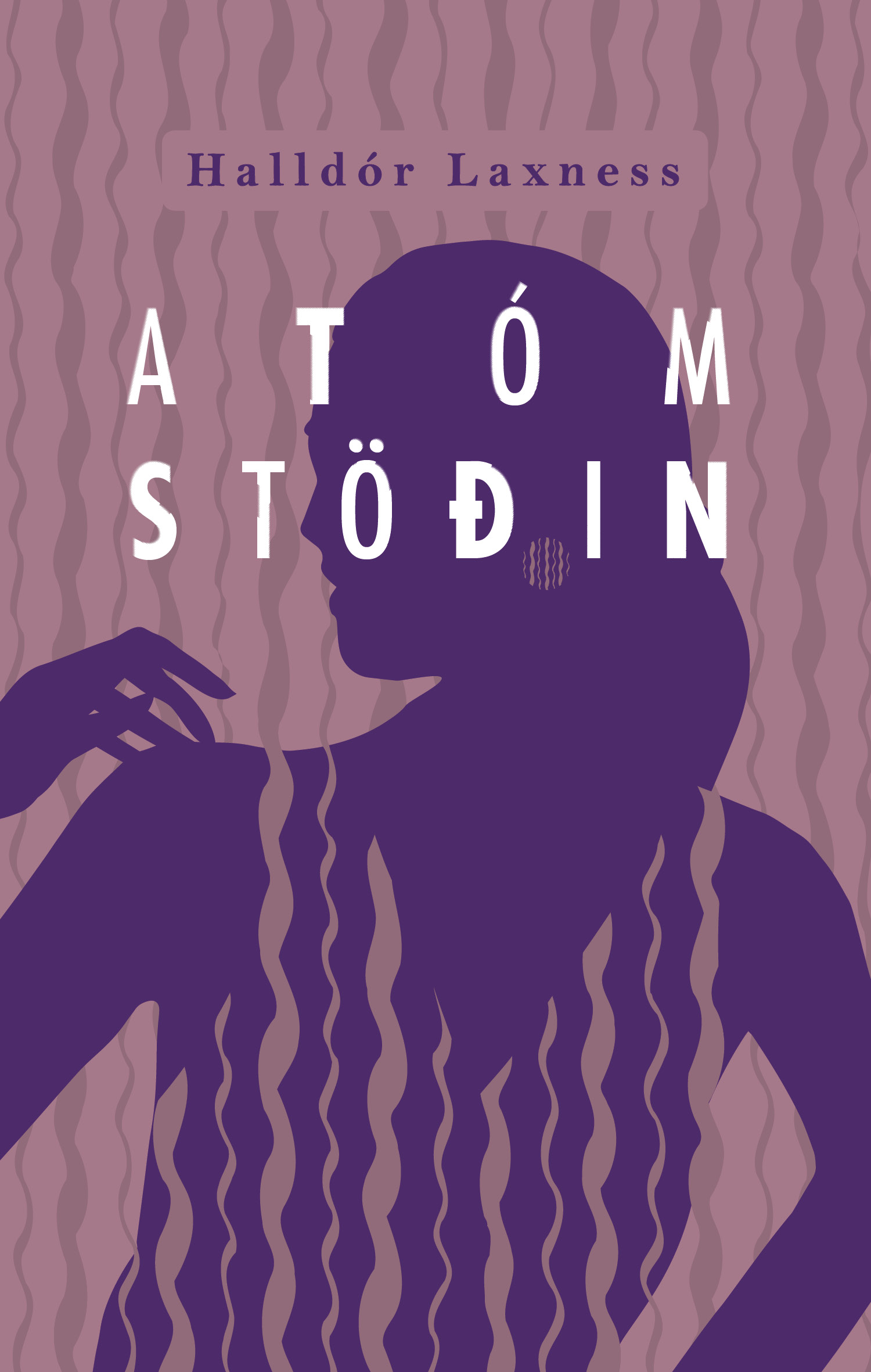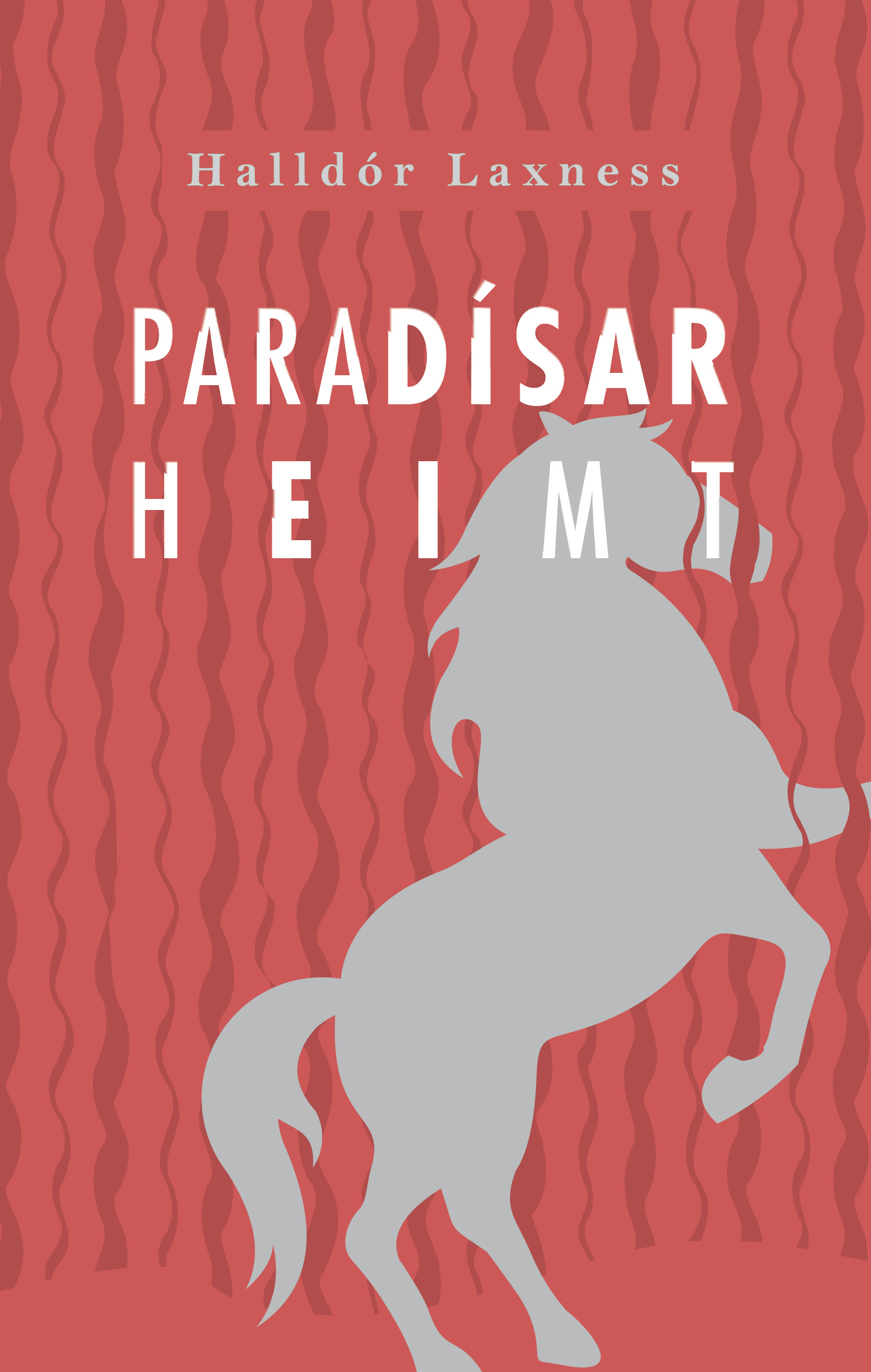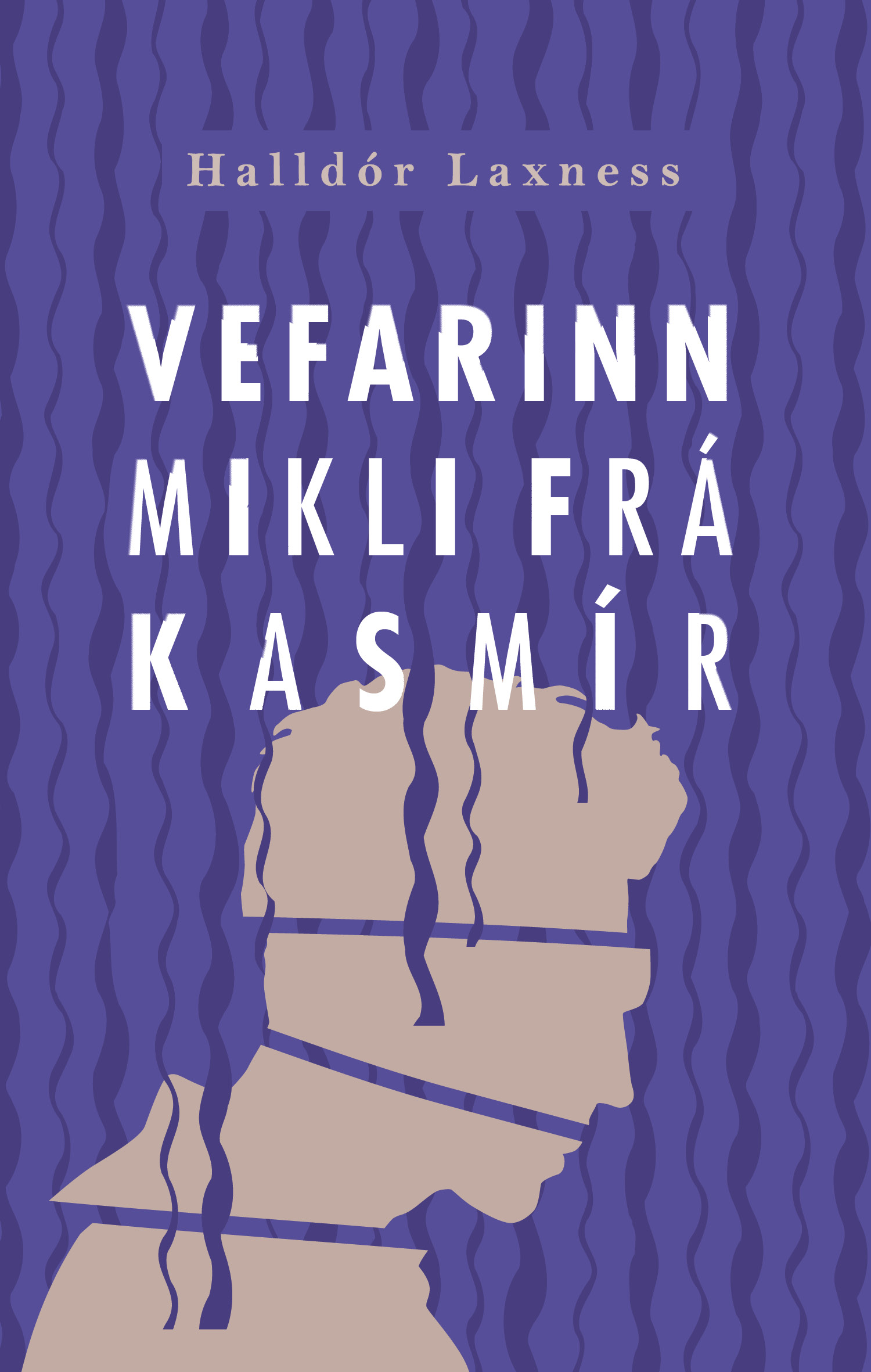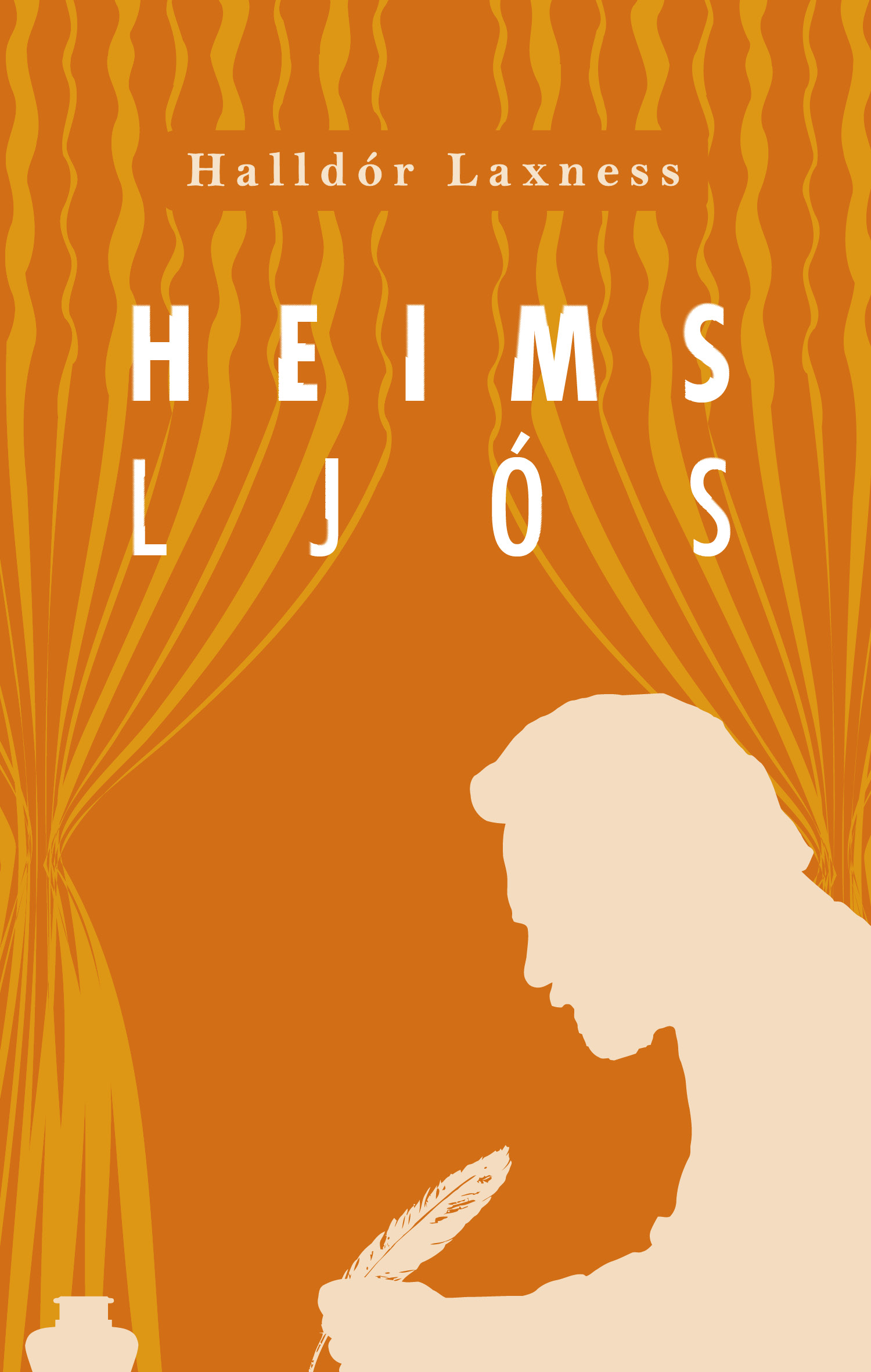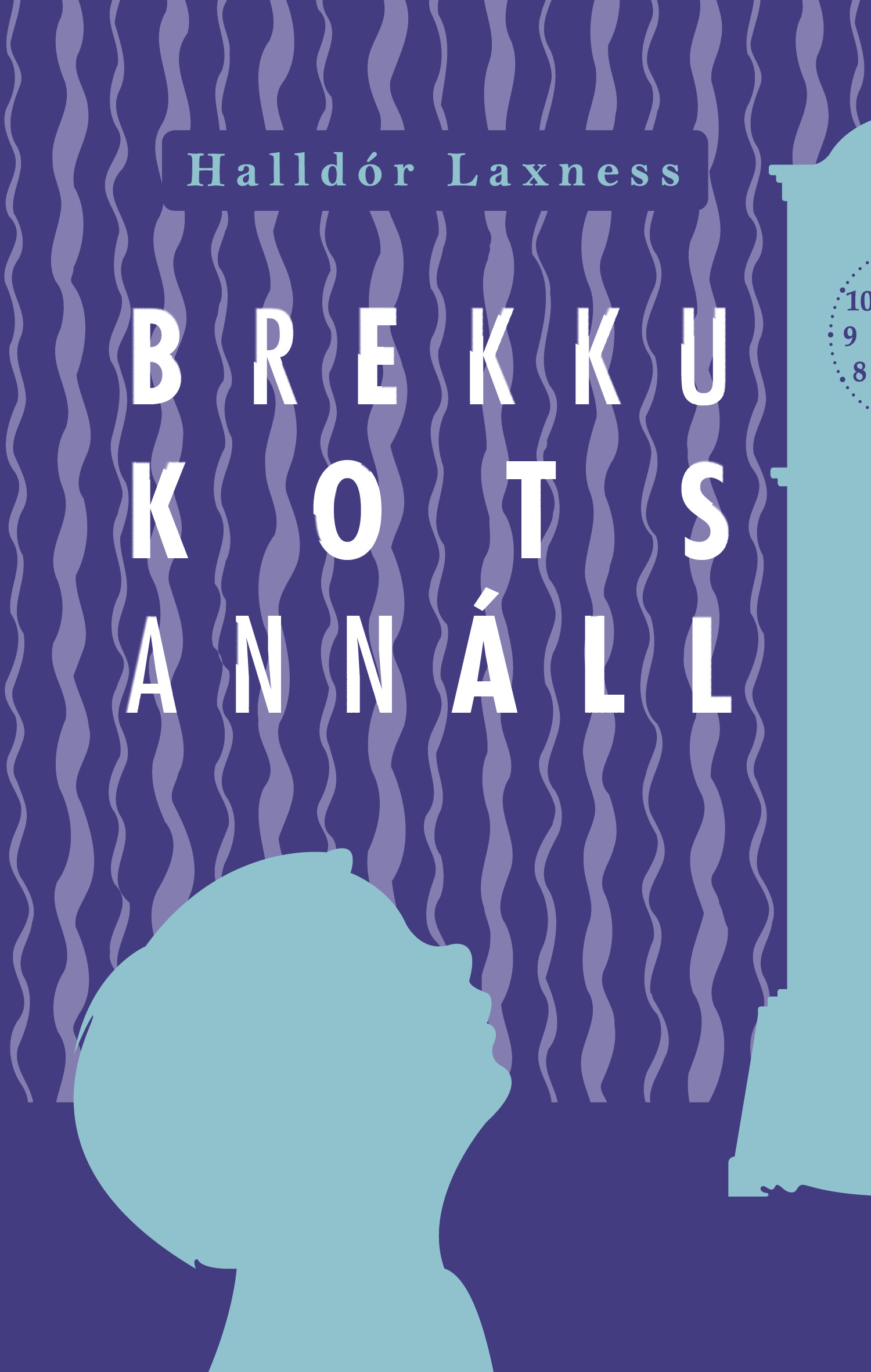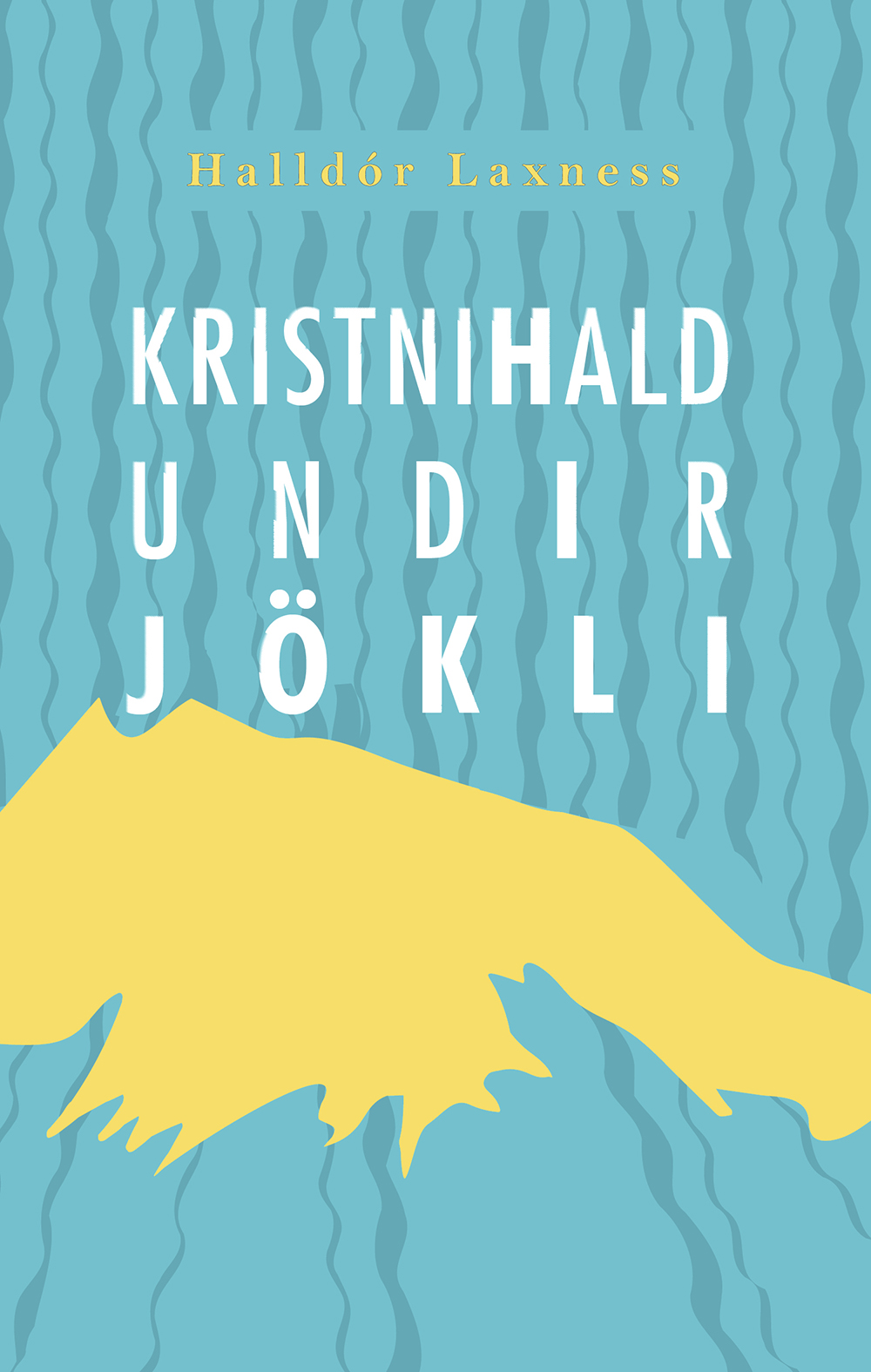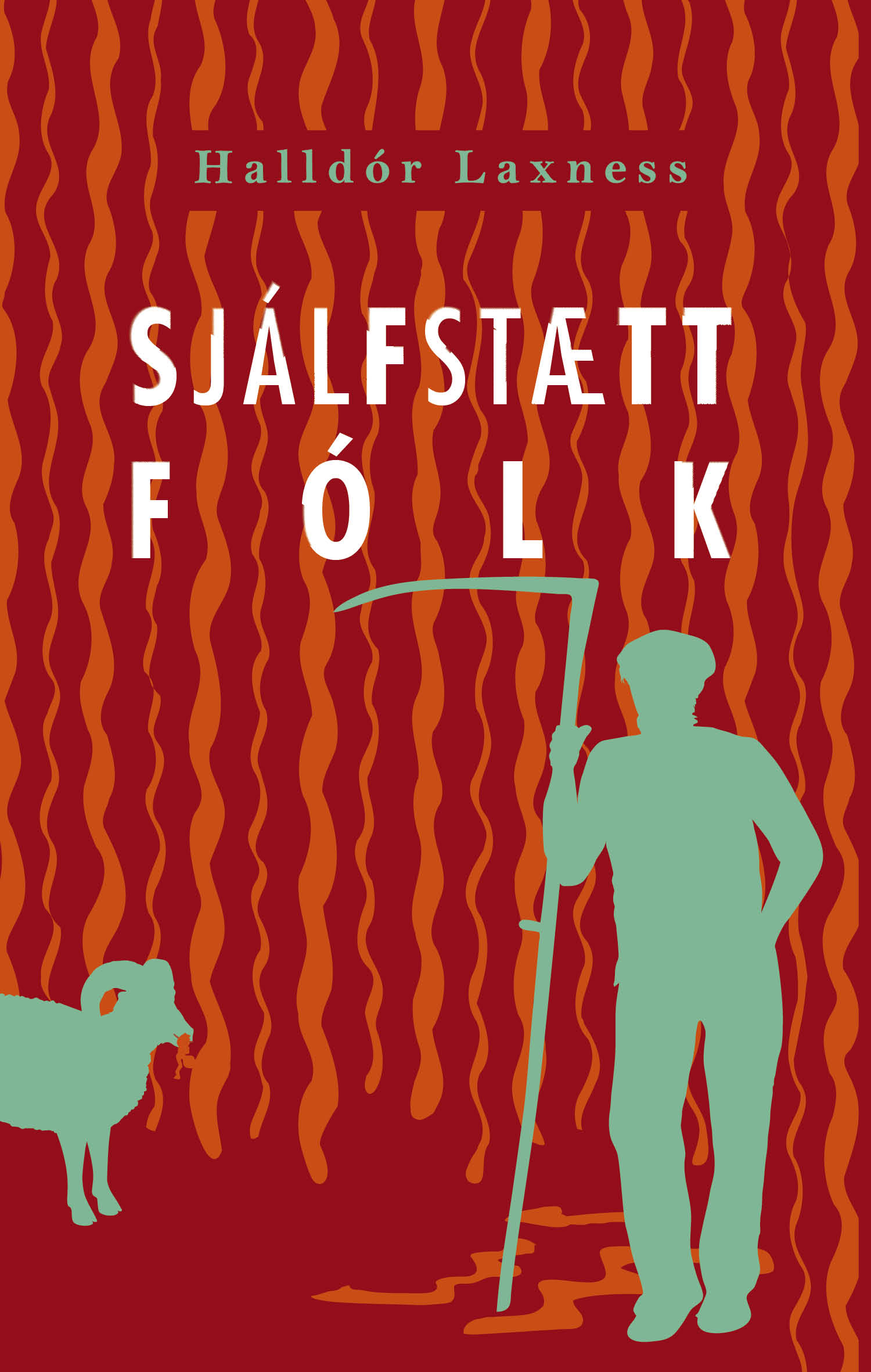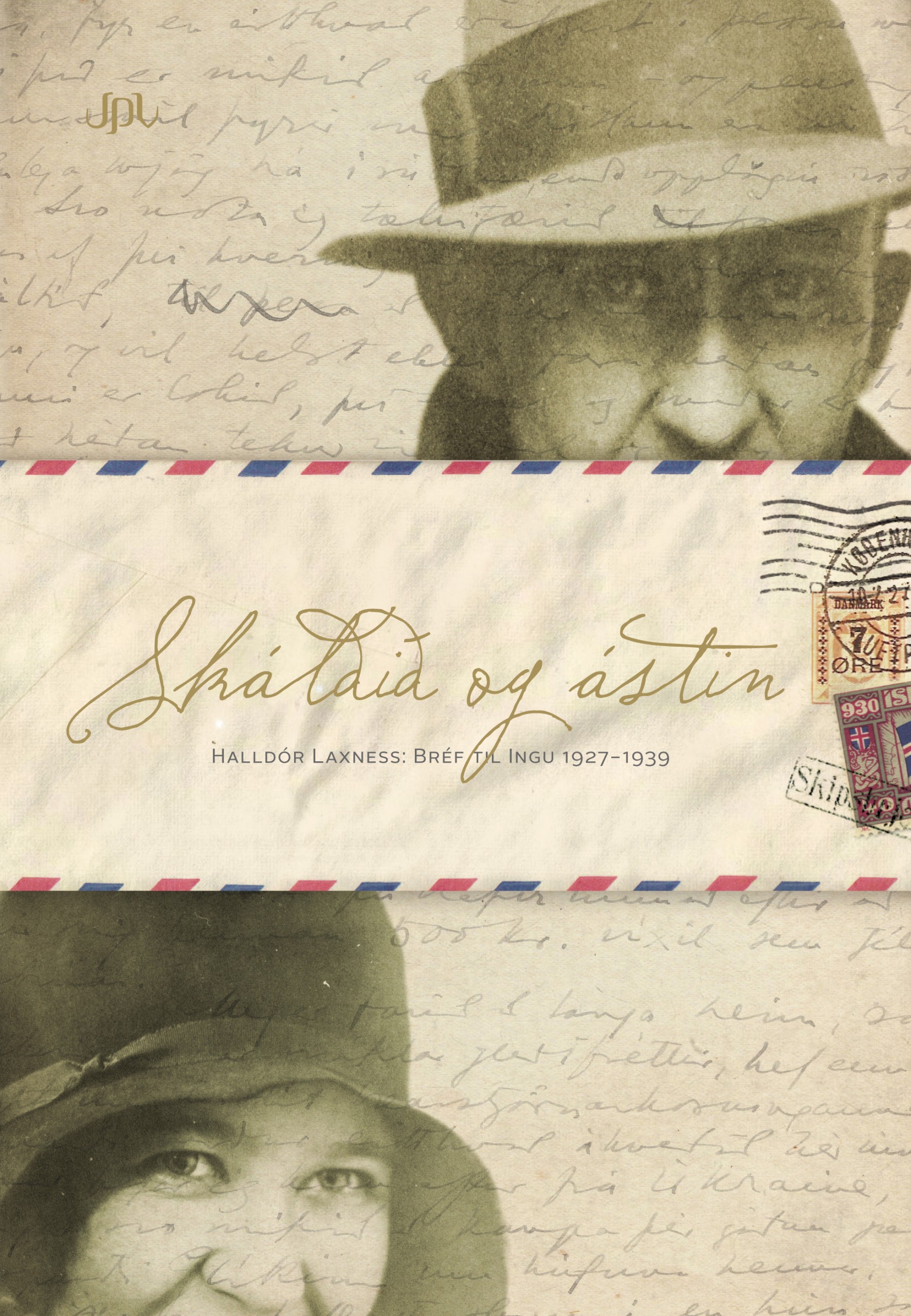From the acclaimed Nobel Prize winner: At the close of the 17th century, Iceland is an oppressed Danish colony, suffering under extreme poverty, famine, and plague. A farmer and accused cord-thief named Jon Hreggvidsson makes a bawdy joke about the Danish king and soon after finds himself a fugitive charged with the murder of the king’s hangman.
In the years that follow, the hapless but resilient rogue Hreggvidsson becomes a pawn entangled in political and personal conflicts playing out on a far grander scale. Chief among these is the star-crossed love affair between Snaefridur, known as “Iceland’s Sun,” a beautiful, headstrong young noblewoman, and Arnas Arnaeus, the king’s antiquarian, an aristocrat whose worldly manner conceals a fierce devotion to his downtrodden countrymen. As their personal struggle plays itself out on an international stage, Laxness creates a Dickensian canvas of heroism and venality, violence and tragedy, charged with narrative enchantment on every page.
Sometimes grim, sometimes uproarious, and always captivating, Iceland’s Bell is at once an updating of the traditional Icelandic saga and a caustic social satire.
“Laxness is a brilliant writer. He can capture
an elusive truth in a short span of words.”
WASHINGTON POST
“Sometimes grim, sometimes uproarious, and always captivating, Iceland’s Bell by Nobel Laureate Halldor Laxness is at once an updating of the traditional Icelandic saga and a caustic social satire. … a Dickensian canvas of heroism and venality, violence and tragedy, charged with narrative enchantment on every page.”
THEBOOKROOMATBYRON.COM
STARRED REVIEW
“Laxness’s previously untranslated three-part novel (1943–46) is set in the late 17th to early 18th century, when Iceland was effectively a Danish colony—and its initiating action is in fact the prosecution of saturnine farmer Jon Hreggvidsson (a cynical misanthrope akin to Independent People’s prickly protagonist Bjartur) for having insulted Denmark’s king. Hreggvidsson is also (falsely) accused of murder, a slander that motivates his escape from prison and subsequent efforts to clear his name through litigation. He’s encouraged and defended by magistrate’s daughter Snaefridur Eydalin (one of Laxness’s great women), a proud, stalwart beauty who herself escapes an unhappy marriage (albeit through widowhood) and grows into a fierce embodiment of her country’s independence. This transformation occurs through her increasingly intimate relationship with Arnas Arnaeus, an antiquarian professor and failed political idealist (modeled on a real historical figure) obsessed with creating an authoritative collection of indigenous manuscripts and documents. This is the most resolutely Icelandic of Laxness’s work—and it’s probably safe to assume that its emphasis on Denmark’s threats to his homeland’s sovereignty conceals a warning about the perils of a mid-20th-century world dominated by acquisitive global powers. But if Laxness’s characters preach and pontificate, their very human (and often extremely amusing) foibles imbue them with extraordinary energy. Furthermore, the intricacy with which these flinty souls are set into contrast and conflict, and the tenacity with which they cling to endangered and compromised ways of life give this a fabulistic texture quite reminiscent of the classic sagas that influenced all of their author’s best books.
In many ways, Iceland’s Bell isn’t a modern novel. And that is its great strength.”
KIRKUS REVIEWS
“Iceland’s Bell is set at the turn of the 18th century, a time of surpassing suffering in a country whose history is ravaged by hardship, where ”emaciation is the most common cause of death during the spring.” Laxness, who won the Nobel Prize in 1955, often disconcerted his countrymen by the harshness with which he portrayed them in their struggles, and ”Iceland’s Bell” may well offer his bleakest depiction of his homeland. Iceland at the time of the novel is essentially a place administered by crooks — the colonial Danish masters who monopolize its trade and plunder its few resources — and populated by a drunken, despairing, loafish lot only fitfully energized by the pleasure of watching some act of public cruelty. More than any other novel I know, ”Iceland’s Bell” recreates a world where Pieter Bruegel would have felt right at home, not merely in its fascination with bumblers (petty thieves, purblind watchmen) and grotesques (faceless lepers, hanging corpses), but also in its unearthly ability to find beauty in a landscape of destitution, wisdom in a congress of fools.
…
Too Icelandic? For American Icelandophiles — whose numbers appear to be mounting rapidly — the phrase seems faintly absurd. One might just as well complain that a soufflé is too light, a diamond too hard, a peacock too showy.
… darkly magnificent novel.”
BRAD LEITHAUSER, THE NEW YORK TIMES
“Laxness is a poet who writes to the edge of the pages, a visionary who allows us a plot: He takes a Tolstoyan overview, he weaves in an Evelyn Waugh-like humor; it is not possible to be unimpressed.”
DAILY TELEGRAPH
